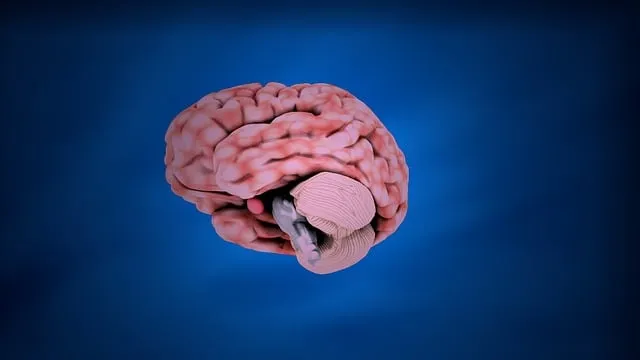Kaiser in Littleton prioritizes comprehensive mental health care through advanced technology and human expertise, tracking psychological well-being over time. They utilize rigorous assessment of therapist effectiveness, patient feedback, and evidence-based practices to enhance services. Data analysis guides personalized interventions, improves patient satisfaction, and reduces stigma within the community, addressing "does Kaiser have good therapists in Littleton?"
Mental health data analysis is a powerful tool for understanding and improving patient care. This article explores three key aspects of this process, focusing on the collection and interpretation of mental health data at Kaiser, therapist effectiveness in Littleton, and how trend analysis can enhance patient outcomes. By examining these components, we uncover insights that drive improvements, ensuring patients receive the best possible care, especially when considering questions like “does Kaiser have good therapists in Littleton?”
- Understanding Mental Health Data Collection at Kaiser
- Evaluating Therapist Effectiveness in Littleton
- Interpreting Trends to Improve Patient Care
Understanding Mental Health Data Collection at Kaiser

At Kaiser, understanding mental health data collection involves recognizing their commitment to comprehensive patient care. They employ a multi-faceted approach, integrating advanced technology with human expertise to gather insights into various aspects of an individual’s psychological well-being. This includes not just assessing symptoms but also tracking progress in areas like Coping Skills Development, Emotional Regulation, and Positive Thinking over time.
The organization prioritizes patient satisfaction, ensuring that their therapists in Littleton are well-equipped and trained to deliver evidence-based treatments. By analyzing this data, healthcare providers can tailor interventions, monitor treatment effectiveness, and ultimately enhance the overall mental health services offered. This data-driven approach fosters a more personalized and efficient support system for patients navigating their emotional journeys.
Evaluating Therapist Effectiveness in Littleton

In Littleton, evaluating therapist effectiveness is a multifaceted process that goes beyond simple patient satisfaction. Organizations like Kaiser Permanente are known for their commitment to mental health services, prompting many to wonder: does Kaiser have good therapists in Littleton? This question underscores the importance of rigorous assessment methods to ensure patients receive the highest quality care. A comprehensive evaluation involves reviewing treatment outcomes, patient feedback, and therapist adherence to evidence-based practices.
Beyond individual therapy sessions, examining the broader impact on mental health awareness and stigma reduction efforts within the community is crucial. Initiatives such as Stress Management Workshops hosted by local organizations play a vital role in Mental Illness Stigma Reduction Efforts. By integrating these data points—patient outcomes, therapist performance, and community engagement—mental health professionals in Littleton can continuously improve services, fostering an environment that prioritizes holistic well-being.
Interpreting Trends to Improve Patient Care

Interpretation of mental health data plays a pivotal role in enhancing patient care and outcomes. By delving into trends within the collected data, healthcare providers can gain valuable insights that inform their strategies and approaches. For instance, analyzing patterns in patient demographics, types of mental illnesses, and treatment responses allows for tailored interventions and personalized care plans. This, in turn, can significantly improve patient satisfaction and recovery rates.
When evaluating the effectiveness of therapists, such as those at Kaiser in Littleton, data analysis becomes crucial. The question “does Kaiser have good therapists?” can be answered more accurately through rigorous interpretation. By comparing treatment outcomes, client feedback, and adherence to evidence-based practices, healthcare organizations like Kaiser can assess therapist performance and identify areas for improvement. This not only ensures quality care but also fosters a culture of continuous learning and Mental Illness Stigma Reduction Efforts. Additionally, building empathy among therapists using Empathy Building Strategies and Conflict Resolution Techniques can enhance patient connections and overall therapeutic outcomes.
Mental health data analysis plays a pivotal role in enhancing patient care, and the examples from Kaiser and Littleton demonstrate this effectively. By understanding data collection processes and evaluating therapist effectiveness, healthcare providers can identify areas for improvement. Analyzing trends in mental health data allows for more informed decisions, ensuring that patients receive the best possible care. In light of these insights, it’s evident that both Kaiser and Littleton are making significant strides in mental health support, with room for continuous growth to benefit their communities and beyond, especially regarding therapist effectiveness in Littleton.






